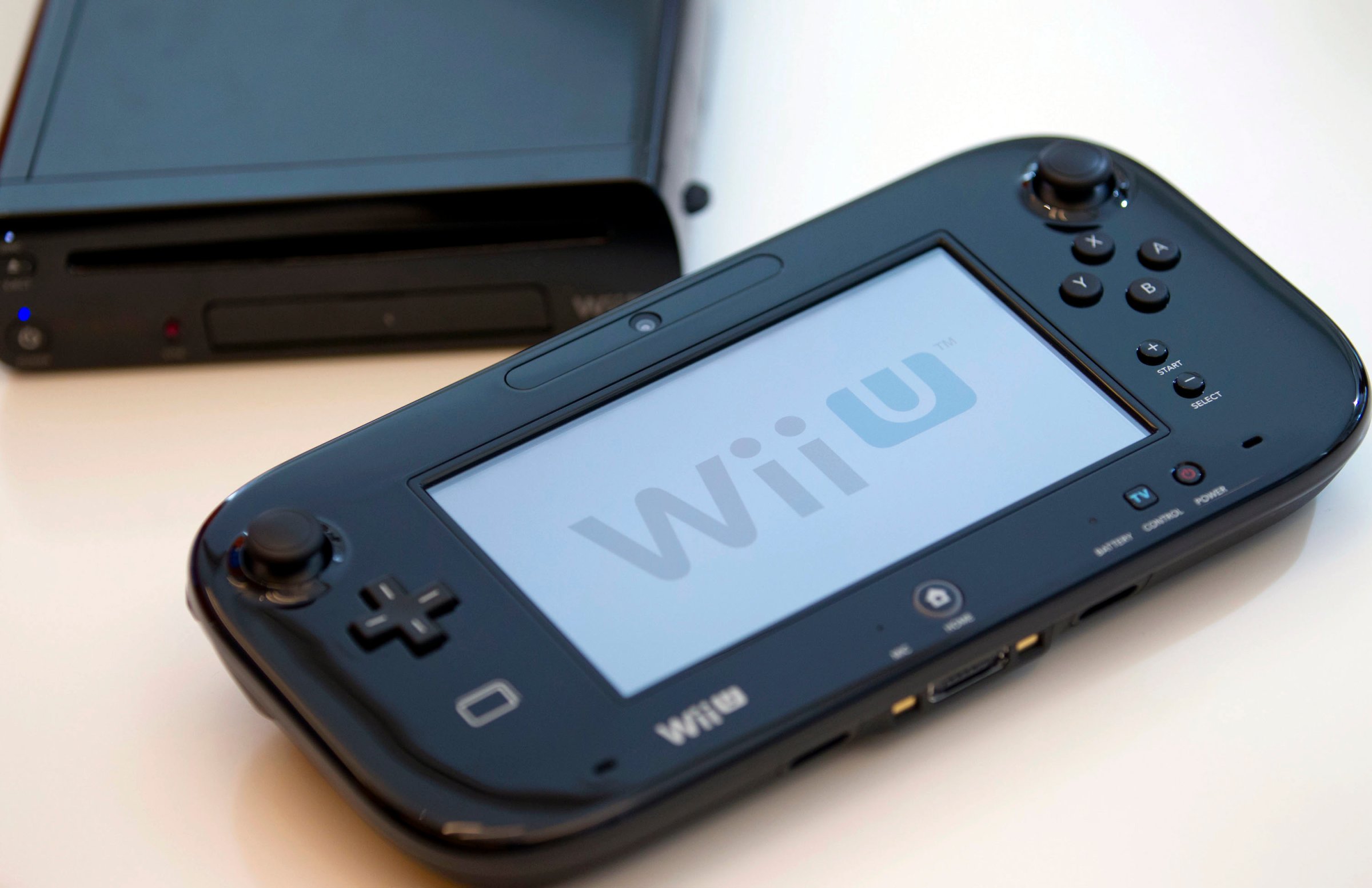
What are the odds Nintendo’s next platform, possibly a suite of devices codenamed “NX,” would emerge running a flavor of Google’s popular operating system, as claimed by a single anonymous insider in a column by Japanese biz paper Nikkei?
I know no more than you, but you’d have to call the odds long if you’re a student of Nintendo’s modus operandi. We’re talking about a company flat out allergic to ceding control of bedrock platform control mechanisms like operating systems and software development toolkits. Nintendo has far more in common with an Apple in this regard (Cupertino’s made its bones as a diehard hardware/software self-roller), obsessed with architecting every element of the software-hardware chain. The company views that delineation between software and hardware as a false dichotomy, in fact.
Read More: Inside Nintendo’s Bold Plan to Stay Vibrant for the Next 125 Years
But in the spirit of responsible (that is, skeptical) speculation, here’s why Nintendo might or might not switch to an open albeit rival-controlled platform like Android.
The argument for…
Because Nintendo could use the help
The Wii U’s operating system two-and-a-half years on feels decades out of sync with its software. I don’t mean its visual aesthetic, which I prefer to the bland asceticism of the PlayStation 4, or the sheer geometric clutter of the Xbox One. But consider Apple’s iOS (since it and the Wii U’s overlay could be cousins, though Nintendo was doing the rowed-icons thing already in 2005 with the Wii). Now imagine if it took a dozen seconds to load iOS “Settings” each time you tapped the icon (instead of just one). And then imagine it took another dozen to get back to the Home screen when you closed out.
That’s the plight of the Wii U, for reasons no one to this day (save Nintendo) fully understands. Shifting to Android would theoretically ground the company’s Next Big Thing in a developmental environment better tuned for speed.
It (maybe) squares the third-party circle
The Wii U isn’t selling as well as Nintendo might like for one reason: third-party support. Where do fans of games like Grand Theft Auto V, Tomb Raider, The Witcher 3, Diablo III, Dragon Age: Inquisition, Dark Souls II and Middle-earth: Shadow of Mordor go to play some of the bestselling games in video gaming history? Not the Wii U.
Yes, the Wii U may also have capability issues running some of those games (that’s an issue outsourcing the operating neither helps nor hinders, incidentally). But the third-party developers I’ve spoken with over the years claim the biggest problem when it comes to the question of porting games to the Wii U, is that the system’s uniqueness, as with any unique architecture, adds enormous cost overhead to the game’s budget—a situation exacerbated by the Wii U’s limited install base. It’s classic chicken-egg-onomics.
Read More: Nintendo CEO Reveals Plans for Smartphones
Shifting to Android could, given the number of developers fluent with Google’s operating system, reduce the platform’s development learning curve, and if nothing else, lure vast troves of so-called independent developers. (The real question here, of course, is how outré the interface winds up being. If you have to add functionality that isn’t present in other versions of your game, it could still wind up costing tons in development.)
Nintendo wouldn’t have to pay Google a penny
Android in the form of “Google Mobile Services” is free. Unless Nintendo wants to host other services on its future devices like Google Play, or other Google-branded apps (which it surely won’t), Google doesn’t charge OEMs a licensing fee. In theory, therefore, an Android-powered platform (or suite of platforms, mobile to console to whatever else Nintendo’s thinking) would allow Nintendo to benefit from the popularity and maturity of Google’s platform, while keeping Google’s hands off its profits.
And the case against…
Nintendo cares too much about being in the driver’s seat
Hopping into the cockpit with a rival pilot has longterm risks, no matter how you spin it. What if Google tweaks its OEM strictures down the road? Will Android remain free in perpetuity? What if Android itself changes in ways Nintendo doesn’t like? And can you really see Nintendo playing the periodic Android upgrade game?
Nintendo’s 3DS, a proprietary mobile device, is doing fine without Android
Nintendo’s 3DS is the best-selling dedicated games console of this generation, including PlayStation 4 and Xbox One, full stop. Add up publicly declared PlayStation 4 and Xbox One sales and Nintendo’s handheld has that figure beat by miles. And the 3DS has done so running a fully Nintendo-fied operating system.
Read More: 8 More Fascinating Things Nintendo CEO Satoru Iwata Told TIME
That’s in part because Nintendo’s first-party games have performed tremendously, but it’s also because third-party support for the device has been strong. There’s no reason to assume Nintendo’s next mobile platform wouldn’t be capable of doing the same. Whatever analytic doomsayers say, there’s no evidence anyone’s planning to abandon one of the most iconic brands in video game history, nor is it clear they’d be any less likely to partner with Nintendo on another proprietary next-gen platform, if the company can get the backend right.
This could all be a smokescreen for something minor
Let’s question an assumption everyone else routinely makes: that NX is the successor to Wii U, or 3DS, or somehow both. Is NX really Nintendo’s Next Big Thing, or is it just code for something meant to happen adjunct to the company’s Actual Next Big Thing? What if NX is just the next step in Nintendo’s already-announced plan to partner with Japanese mobile titan DeNA to carve out space in the traditional mobile gaming space? Which is to say: really just a means to promote Nintendo’s IP, and therefore operate as more of a marketing tie-in to its really really next big gaming idea?
As I said up top, I could be wrong about any of this. If I had to guess today, I’d bet Android plays a much smaller role in the company’s future than a lot of the headlines are implying. But maybe it will, and maybe that’s been Nintendo’s super-secret ploy all along. True or no, the long game for Nintendo is definitely afoot.
See The 15 Best Video Game Graphics of 2014
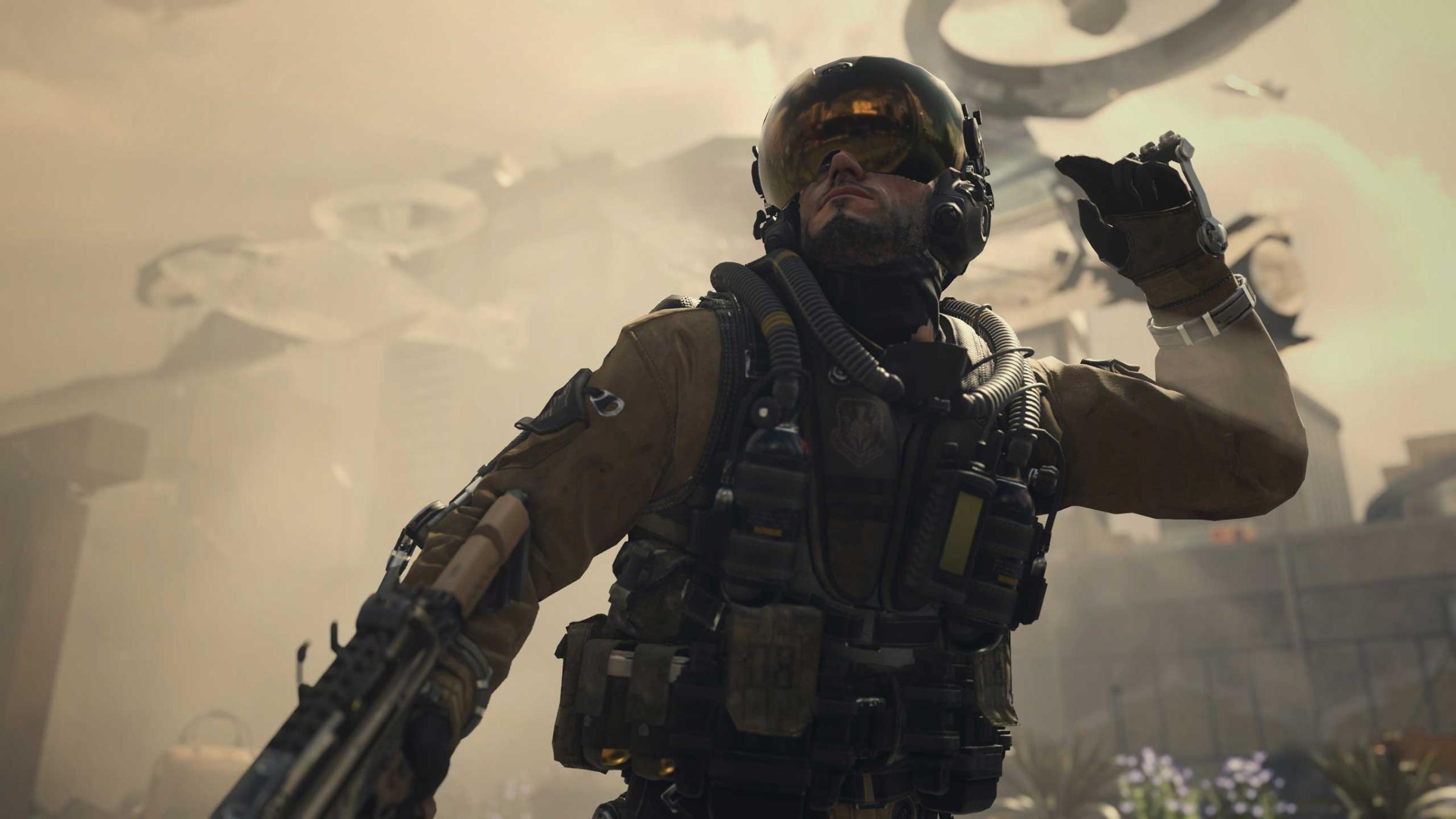

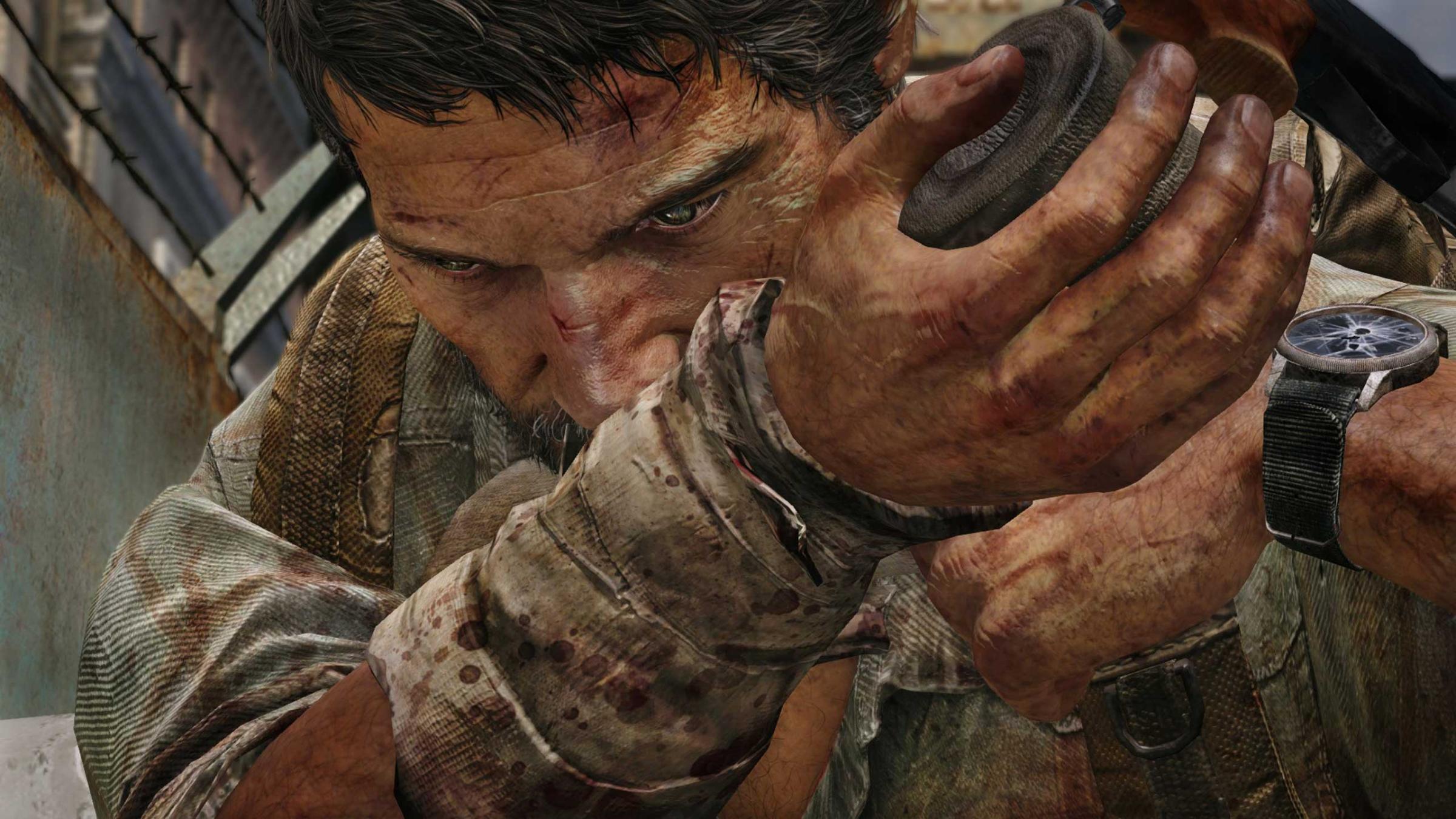
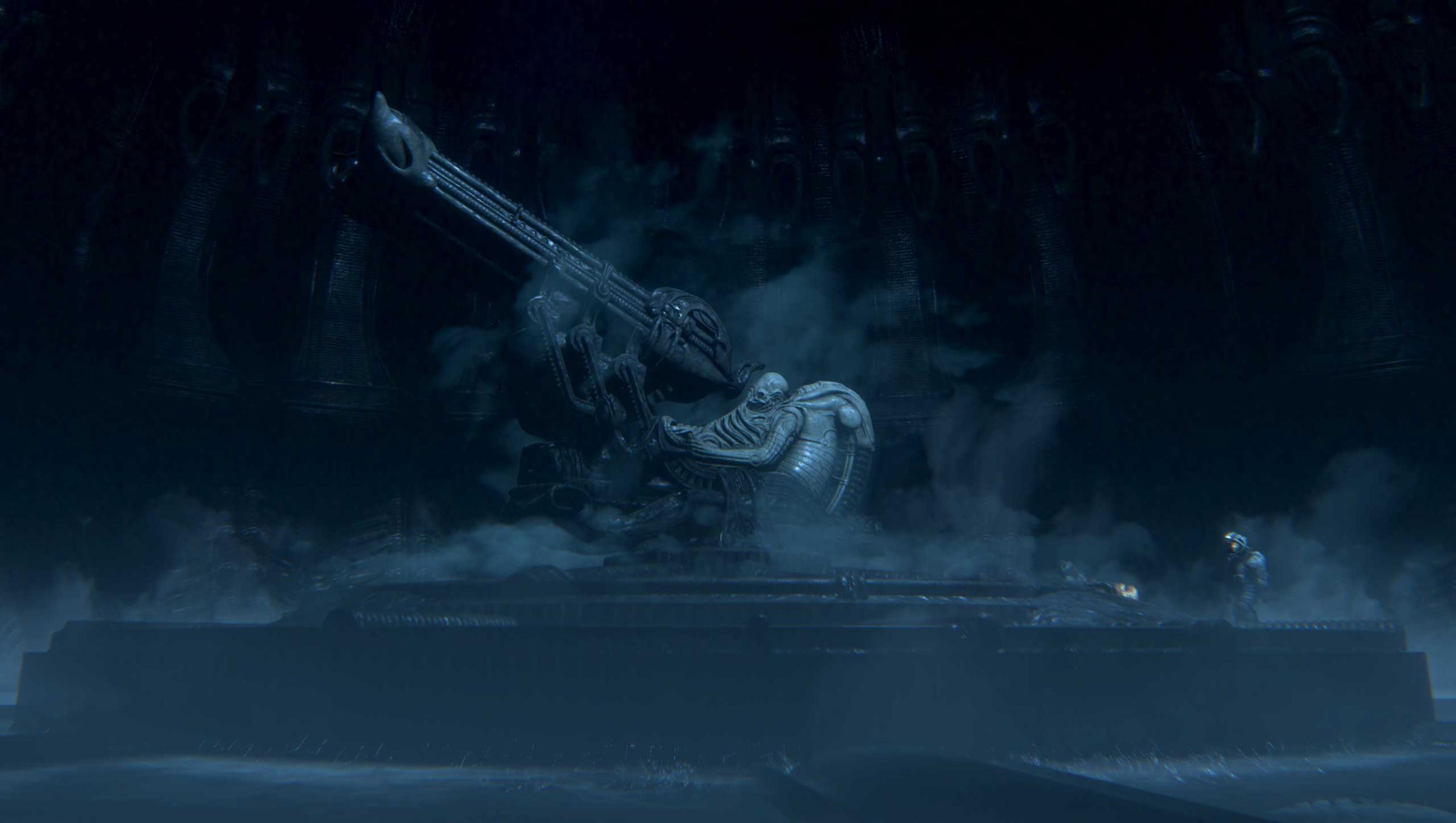

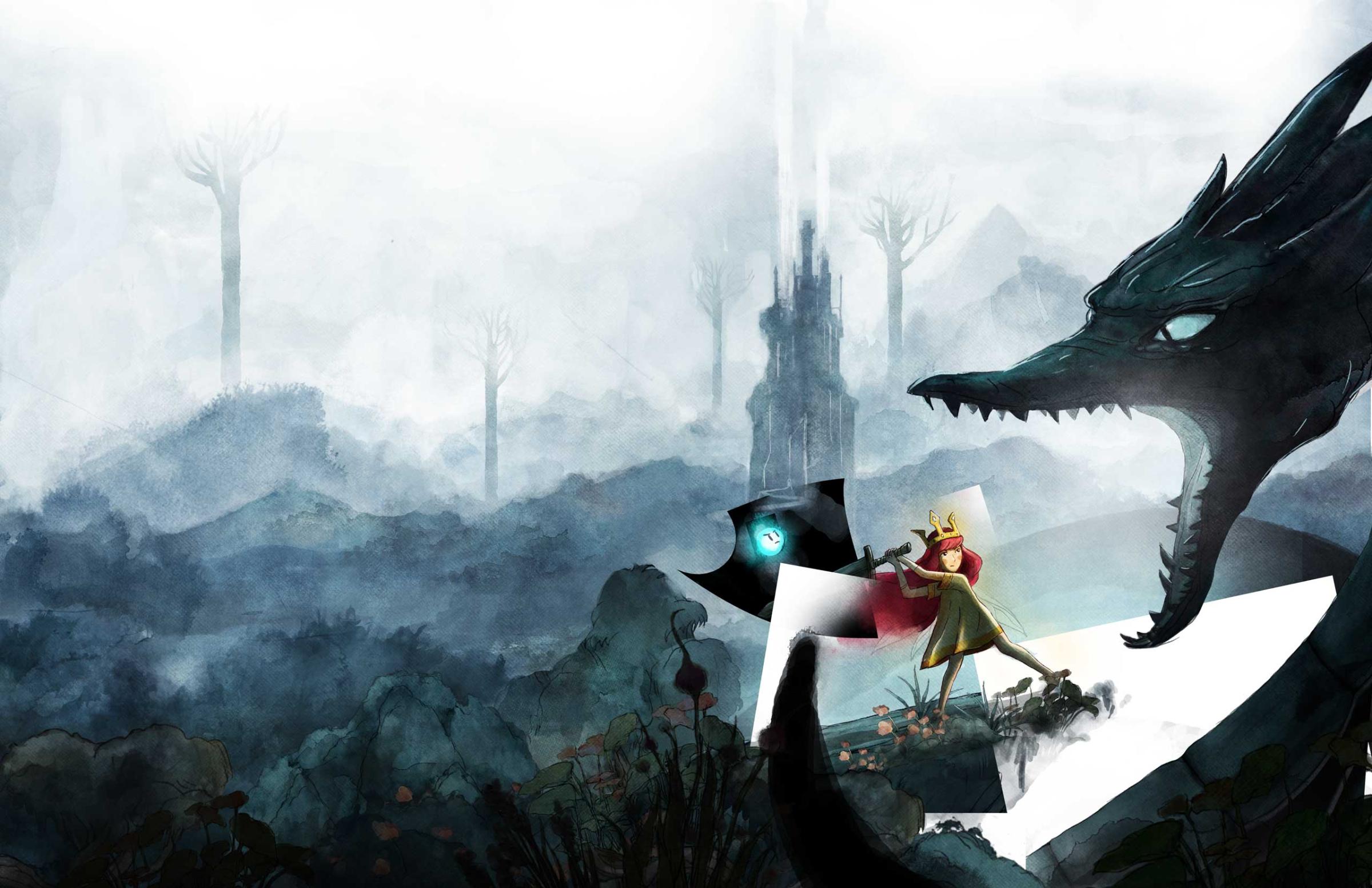
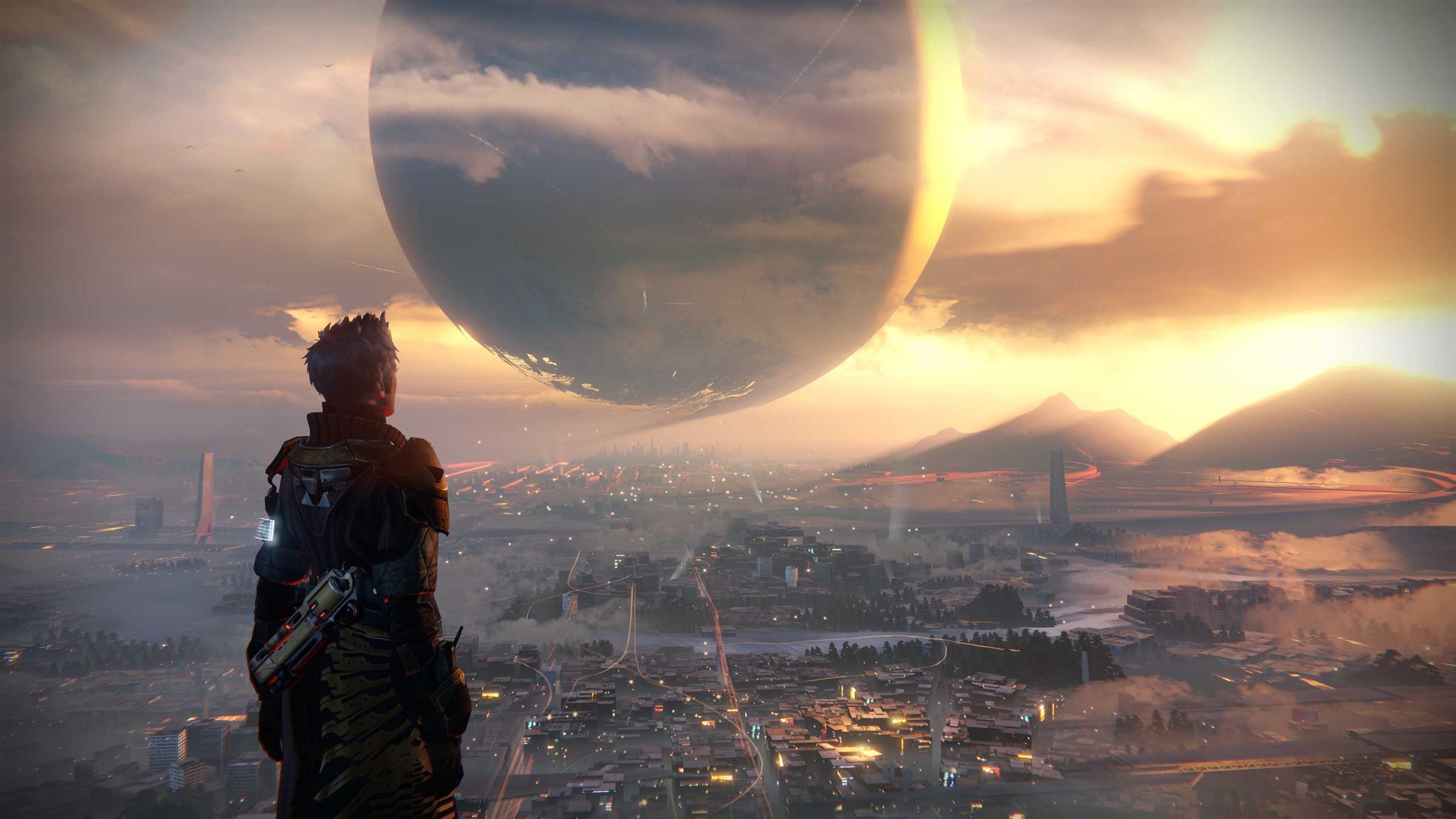
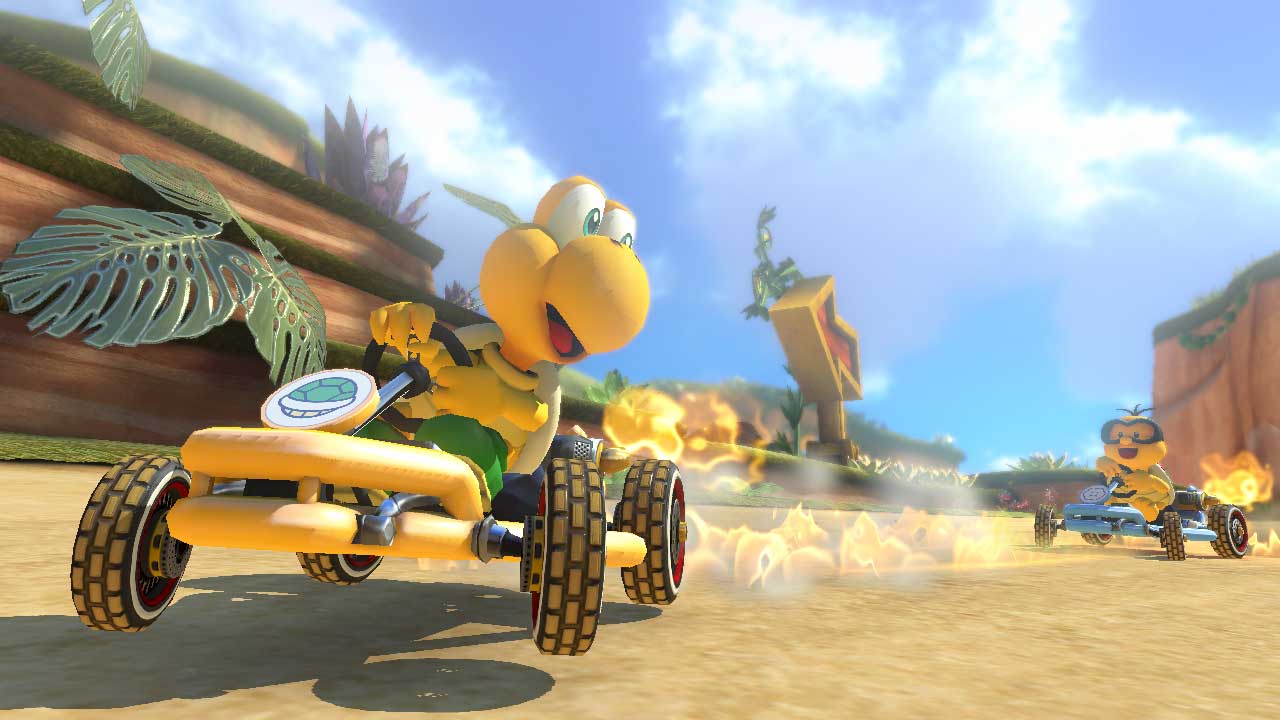
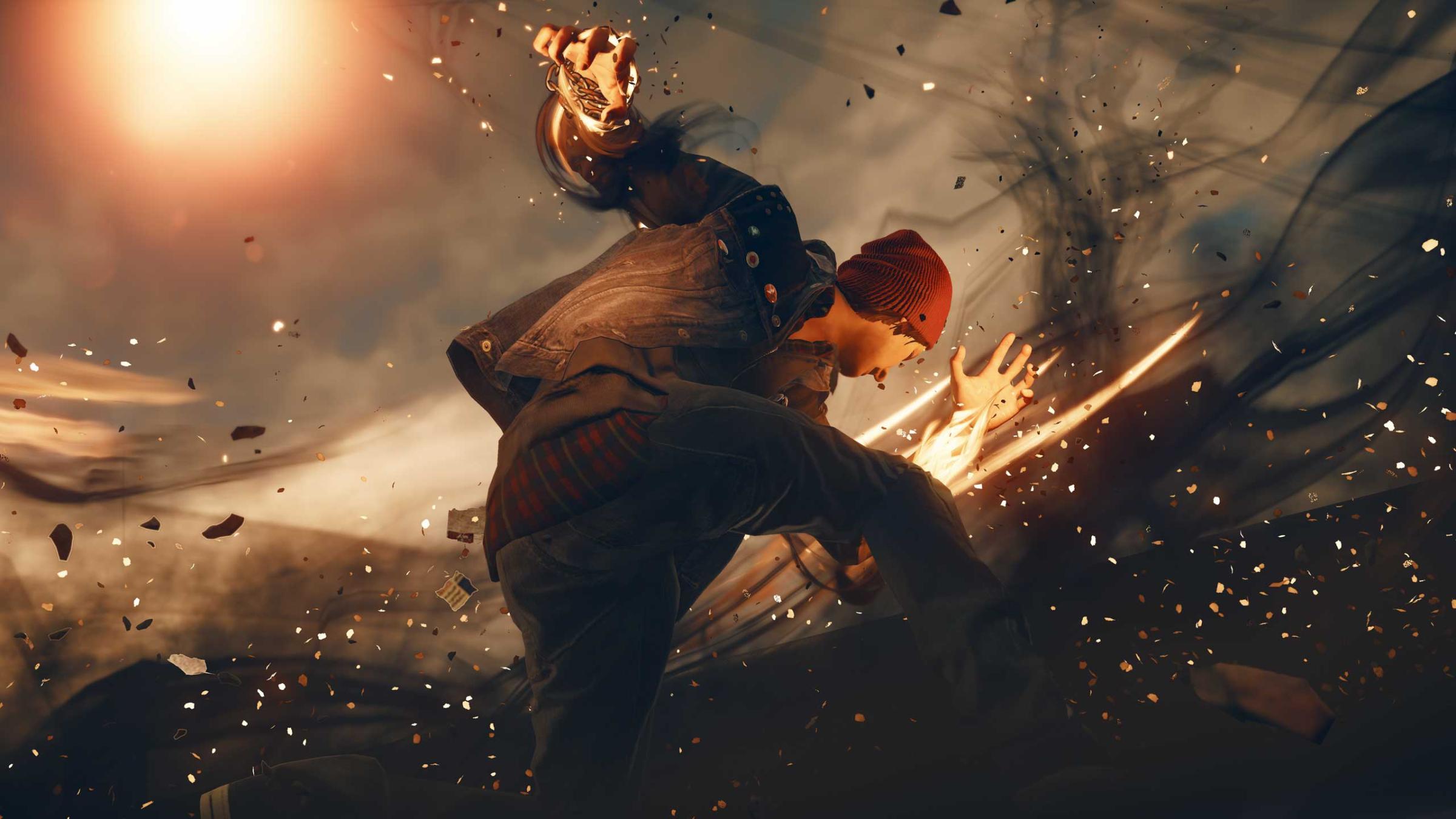
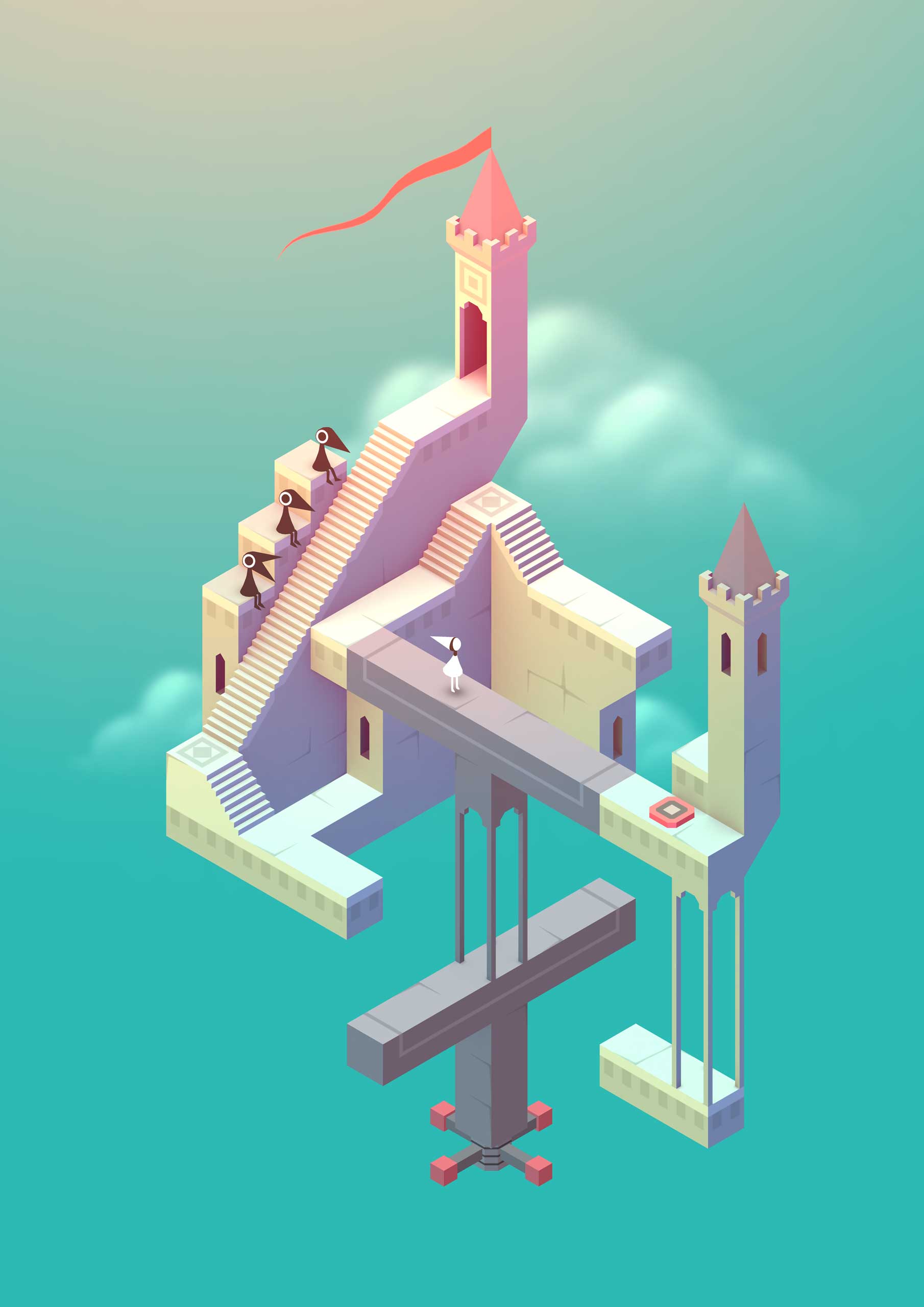
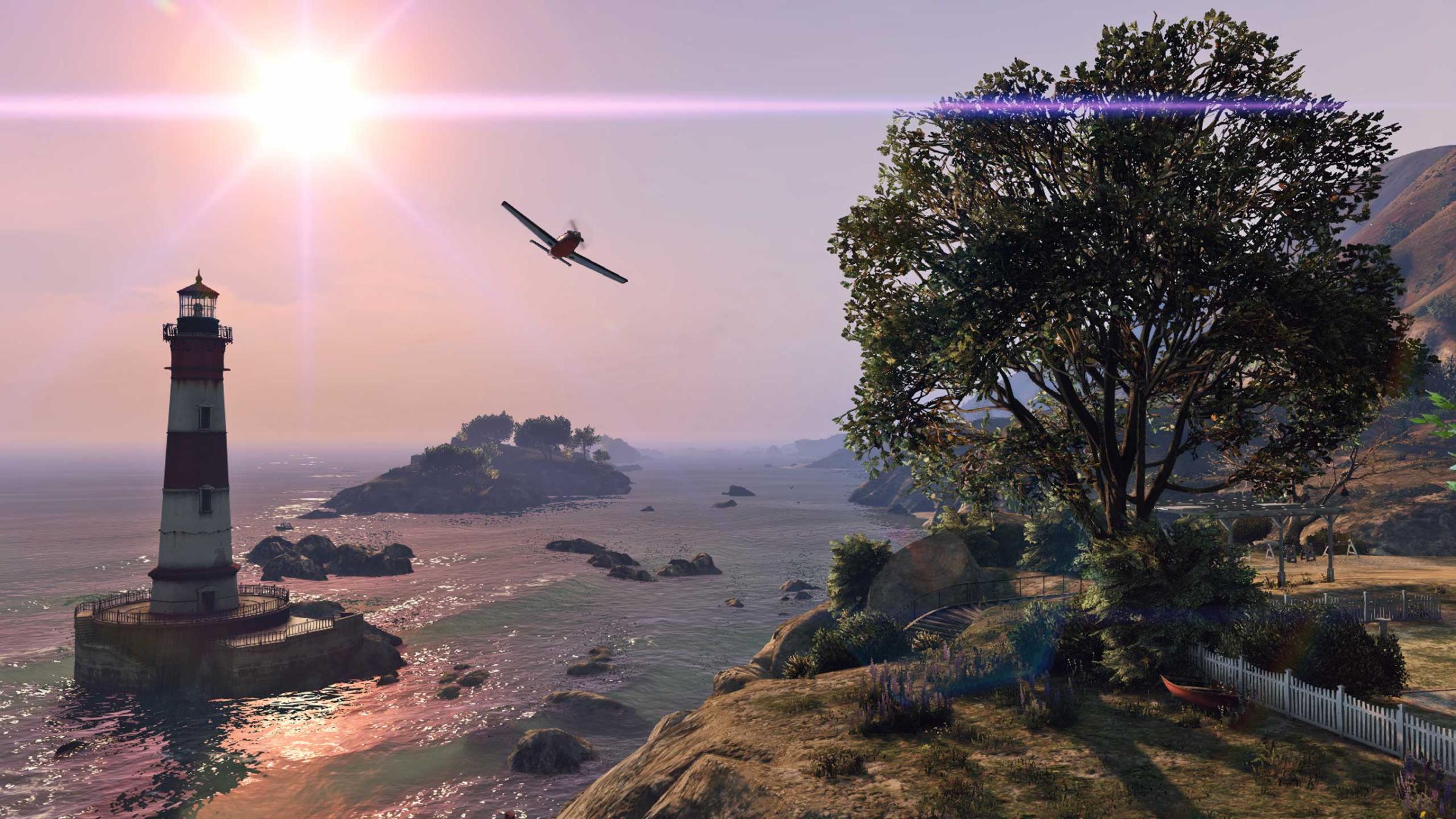
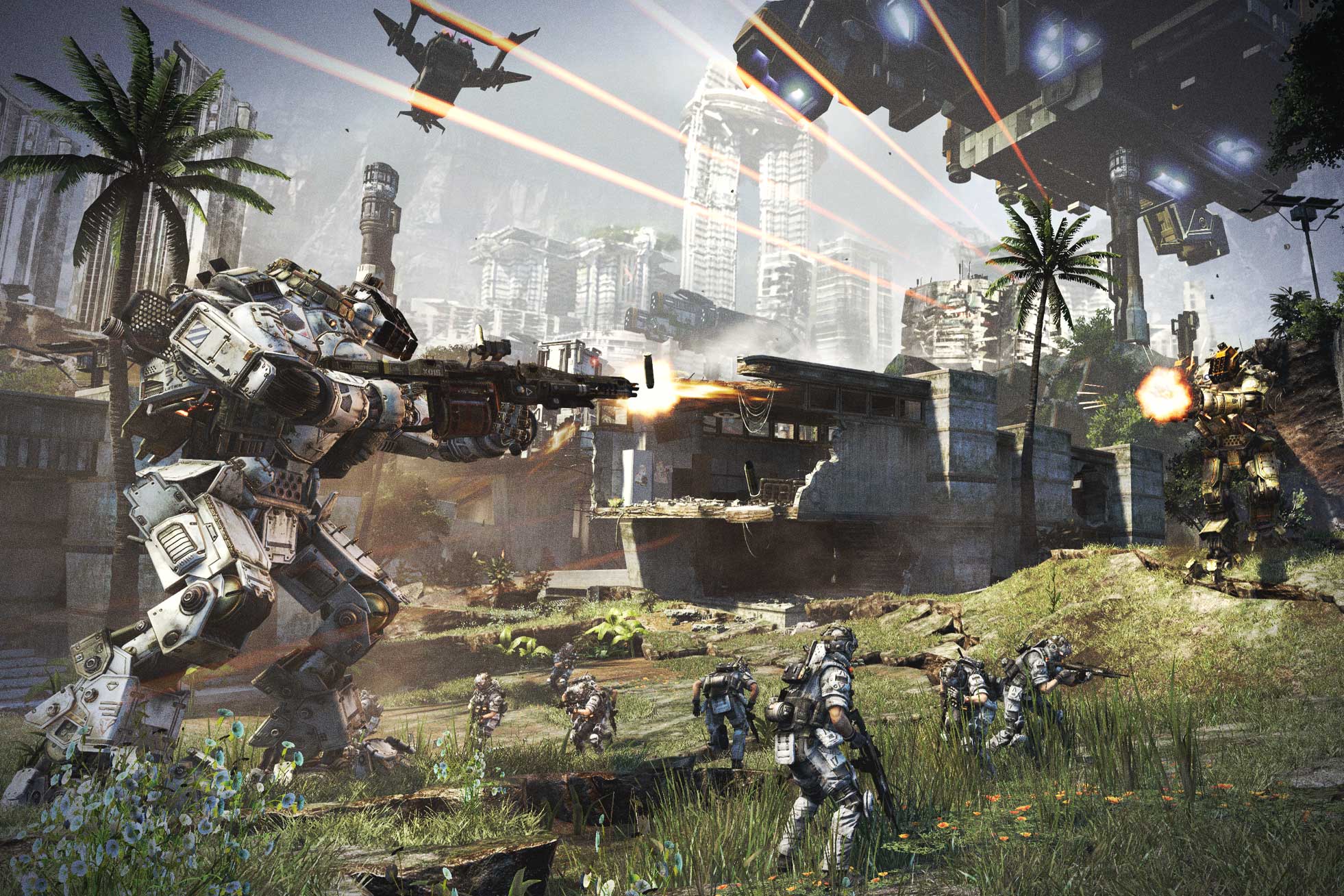
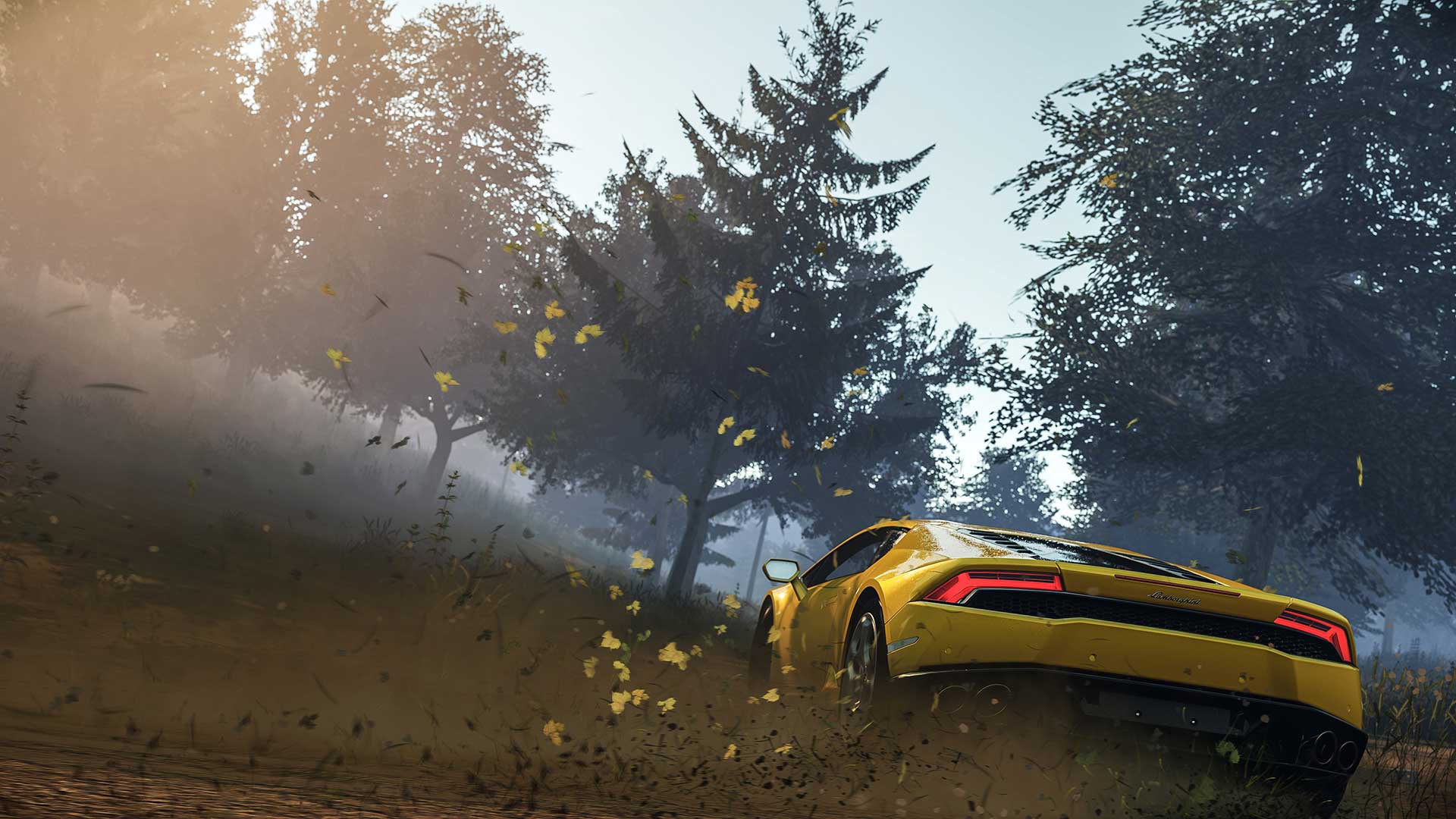
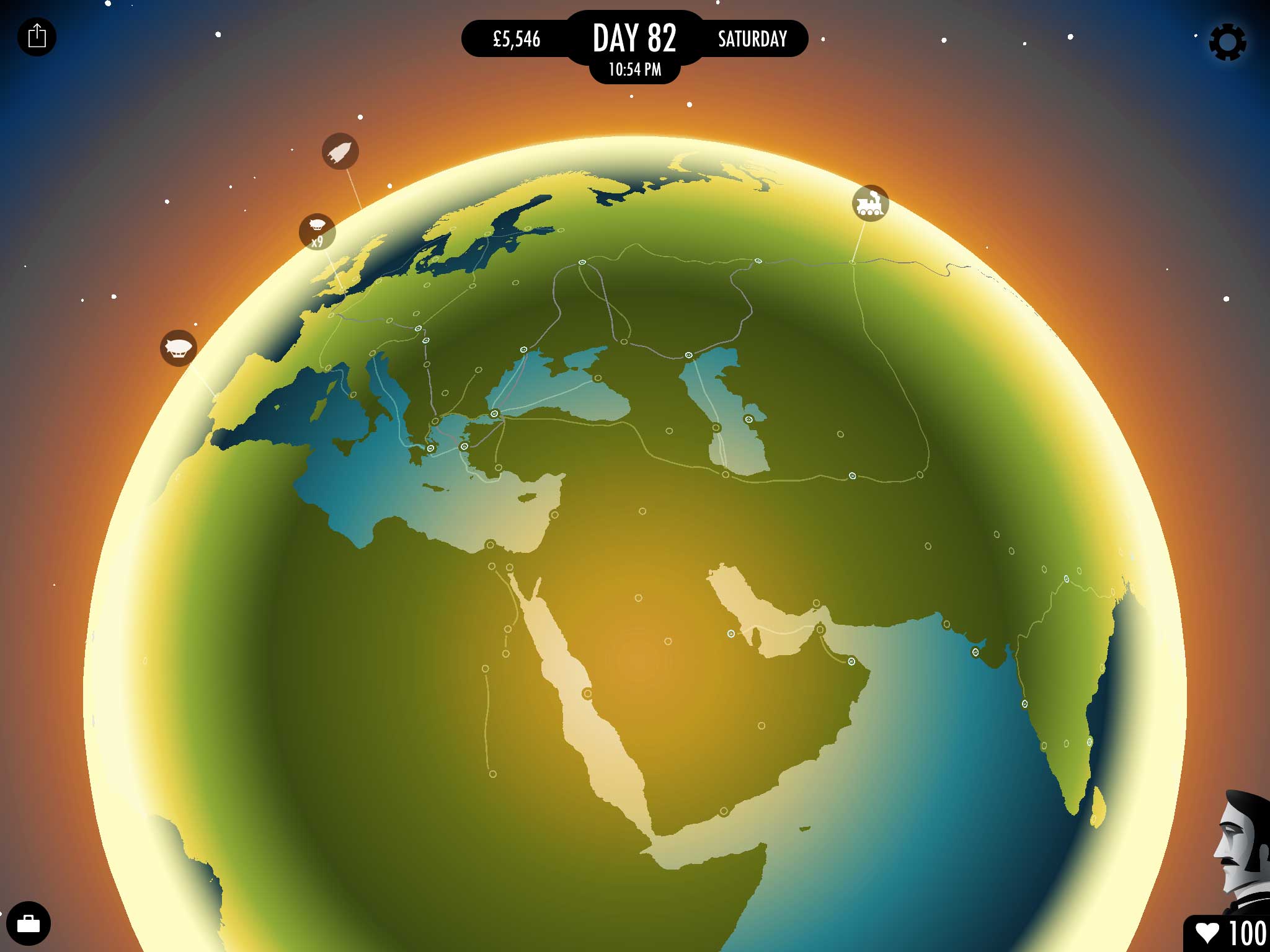
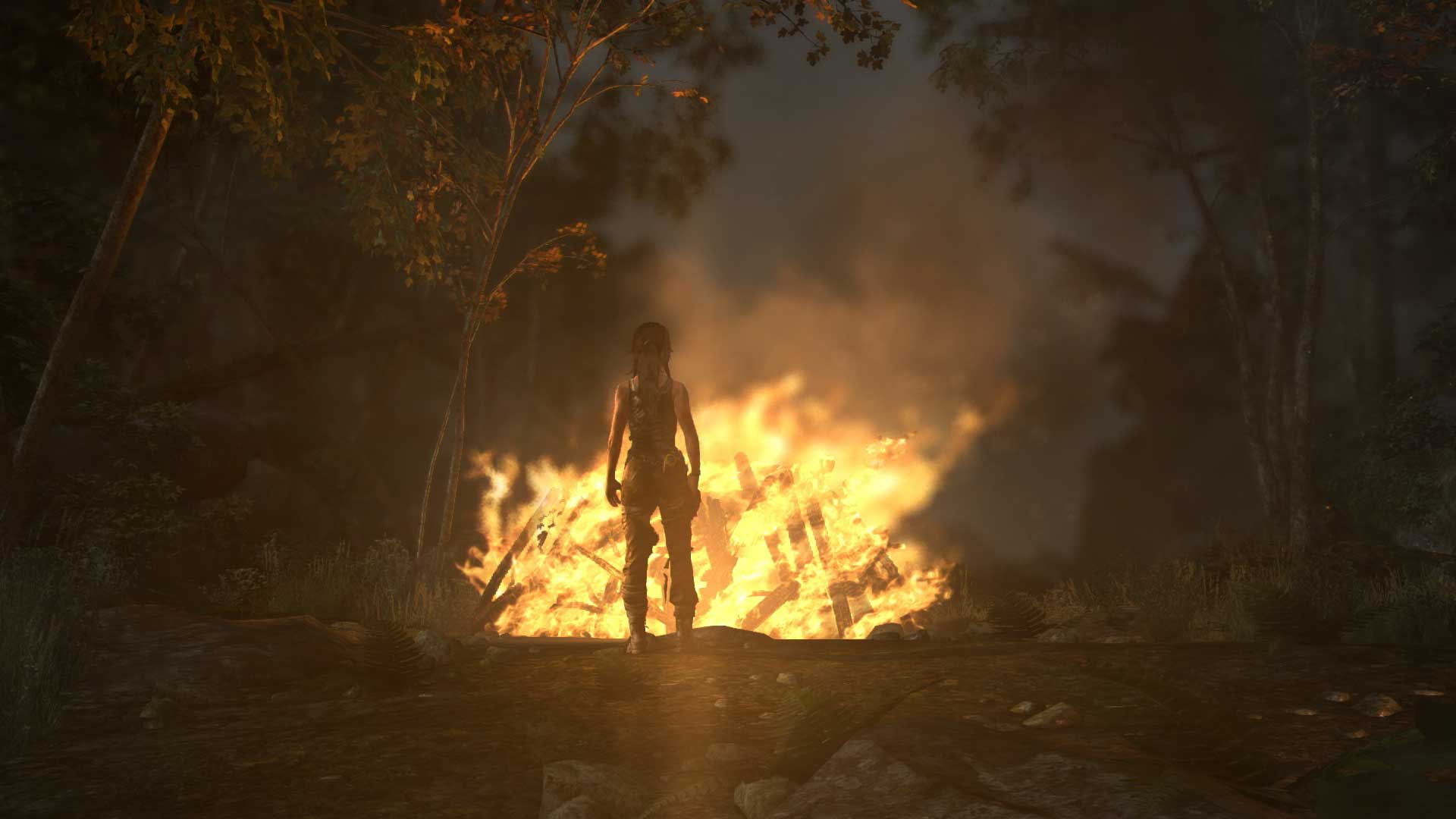
More Must-Reads from TIME
- Cybersecurity Experts Are Sounding the Alarm on DOGE
- Meet the 2025 Women of the Year
- The Harsh Truth About Disability Inclusion
- Why Do More Young Adults Have Cancer?
- Colman Domingo Leads With Radical Love
- How to Get Better at Doing Things Alone
- Michelle Zauner Stares Down the Darkness
Write to Matt Peckham at matt.peckham@time.com